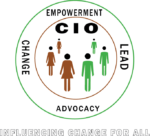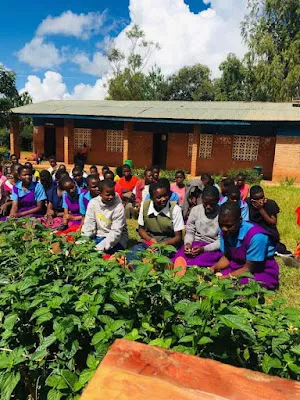Tapiwa Njikho, a Standard 8 learner at Thandazga Primary School in Mzimba District, does not even remember the month she attended classes without being absent for almost a week.
Looking a bit dejected, she narrates that since she started experiencing menstruation some years ago, her academic life has been full of absenteeism.
This, according to her, has heavily affected her stellar performance in class.
“I used to do well, but since I started missing some lessons, my performance has deteriorated,” she says, sounding discontentedly.
Tapiwa, 14, is one of the pupils in most rural areas of Mzimba North experiencing numerous menstruation-related challenges that affect both their academic and health lives.
For instance, at Thandazga Primary School where Tapiwa studies, there is poor environment for proper management of menstrual hygiene.
Moreover, the school is located in an area where misconceptions and taboos associated with menstruation still exist.
This, as the schools’ head teacher John Mkonda testifies, contributes to girls absenteeism as they fail to attend classes when they start menstruating.
“We lack resources for menstrual hygiene management here. These include soap and washing basins.
“This forces many adolescent girls to stay home when they start menstruating as the school’s environment is deemed unsafe for managing their menstruation hygienically, with dignity and without stigma,” Mkonda says.
His words are just an echo of what a survey conducted by Citizen Impact Organization (CIO) in Mzimba North found.
This survey revealed that each month, 40 percent of the adolescent girls do not go to school for almost a week when they start menstruating because of poor menstrual hygiene environment in their schools.
The survey also found that the reason why girls fail to go to school when they start menstruating is that they hear various misconceptions and taboos associated with menstruation.
According to Citizen Impact Organization Executive Director, Chimwemwe Banda, these misconceptions hinder girls from managing their menstruation well.
She adds that myths limit the ability of girls to participate in the society, a situation that bars them from fulfilling their desired goals.
“We need to clear out these myths as they deprive girls of different opportunities. Let us join hands in ending menstruation-related challenges,” Banda says.
Meanwhile, Citizen Impact Organization has rolled-out a project aimed at dispelling girls’ menstrual hygiene myths and educating adolescent girls on how best they can manage their menstruation.
The project will also see the organization distributing reusable sanitary pads to different reproductive women and adolescent girls in Mzimba North and will teach them how to make such pads.
Chairperson for Thandazga Mother Group, Rachel Nkhambure, says the project is timely but there is need for more support from different stakeholders.
“This project has given us hope, others should emulate the same,” says Nkhambure, who comes from Group Village Headman Malaya in Mzimba District.
If Tapiwa and her friends continue to face such menstruation-related challenges, their future will indeed remain bleak.
(Source: https://thenorthernfocus.substack.com/p/menstruation-related-challenges-affecting)

